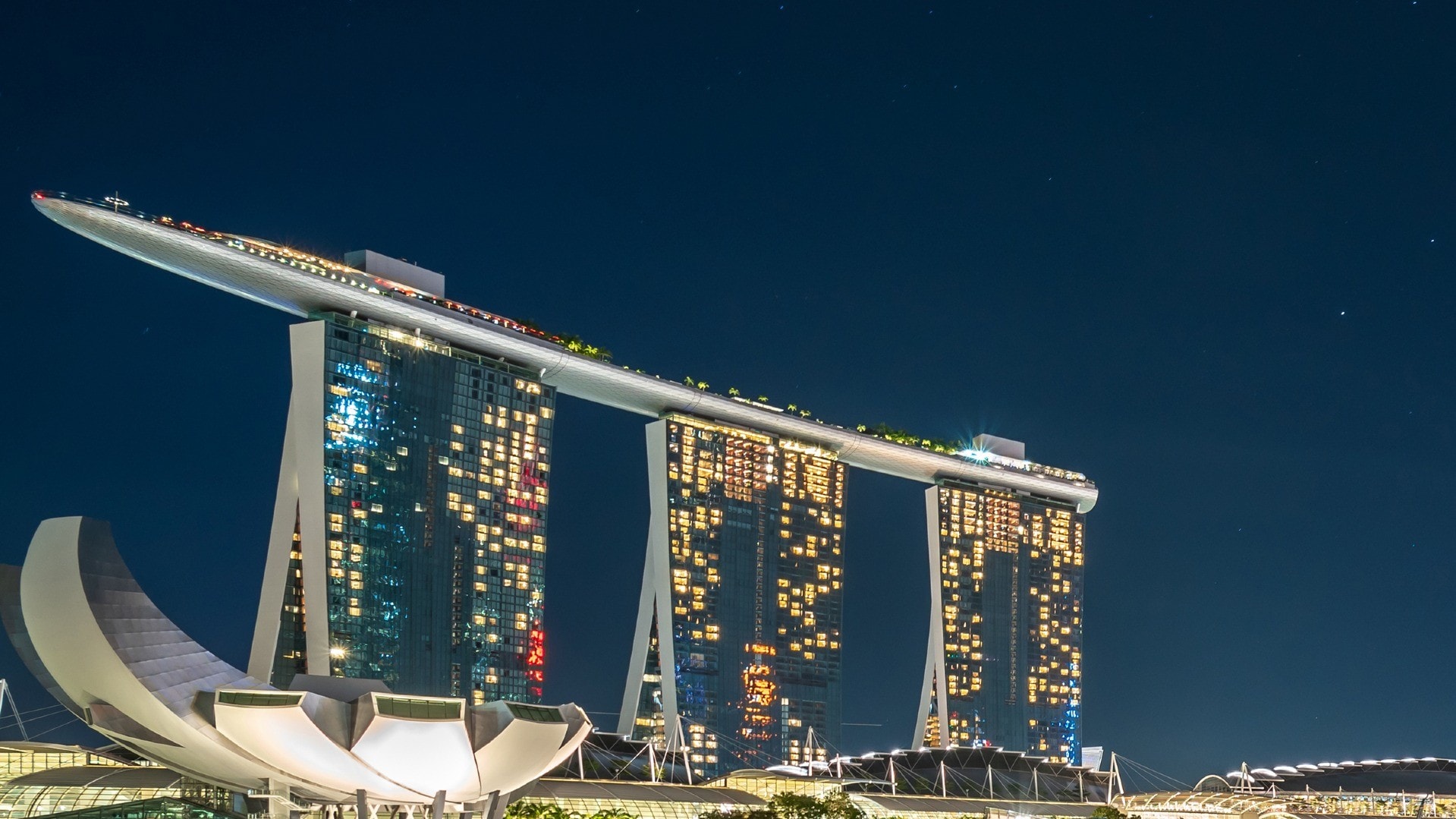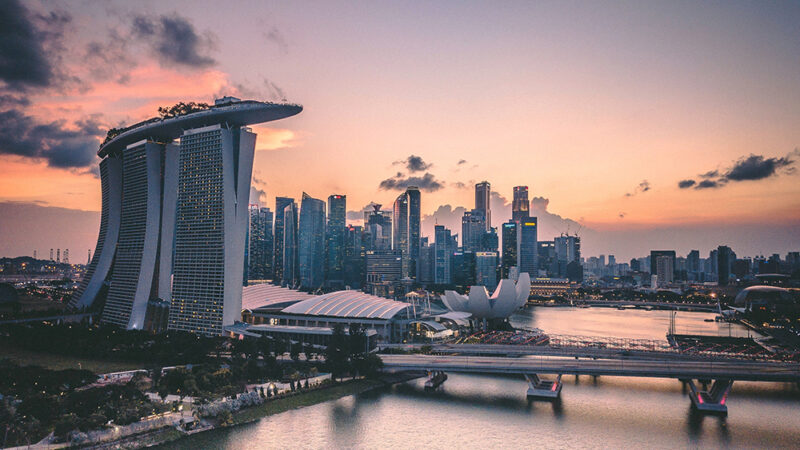Buying property in Singapore as a non-citizen can be both an exhilarating adventure and a daunting challenge. For many, the city-state represents a pinnacle of modern living, characterized by its striking skyline, world-class amenities, and vibrant multicultural milieu.
However, it’s essential to navigate the intricate landscape of regulations, financing, and market conditions that can be particularly complex for foreign buyers. From understanding eligibility criteria to grasping the nuances of property types available, prospective buyers must conduct thorough research and seek expert advice.
In this article, we will unravel the essential considerations and steps you need to be aware of, ensuring your property acquisition journey in Singapore is as smooth and informed as possible.
Understanding Foreign Ownership Regulations

Understanding Foreign Ownership Regulations in Singapore is essential for any non-citizen considering a property purchase. Singapore’s property market is highly regulated, and there are specific guidelines that govern foreign ownership, which can be quite intricate.
Generally, foreigners are permitted to buy condominiums and apartments without much hassle, but purchasing landed property comes with stricter conditions and may require special approval. Developments like River Green Condo are popular choices among foreign buyers, offering modern amenities within the scope of what regulations comfortably allow. Additionally, there are significant taxes and fees involved, such as the Additional Buyer’s Stamp Duty (ABSD), which can steeply increase the overall cost.
Navigating these regulations can be daunting, but being informed helps in making well-considered decisions. As such, consulting with local real estate experts or legal advisors can provide invaluable clarity and ensure compliance with local laws.
Knowledge is indeed power, particularly in an environment that is as dynamic as Singapore’s real estate market.
Types of Properties Available to Non-Citizens

In Singapore, non-citizens have access to a diverse range of properties, though certain restrictions apply. Foreigners can purchase residential properties such as private condominiums and apartments, with no limits on the number of units one can acquire.
However, landed properties, which include bungalows and semi-detached homes, are generally off-limits unless special approval is obtained. Beyond residential options, non-citizens can invest in commercial and industrial real estate, providing an avenue for those looking to establish businesses or generate rental income.
As the landscape evolves, understanding these property types is essential for navigating the intricacies of Singapore’s real estate market, highlighting opportunities alongside the regulatory frameworks that govern them.
Financing Options for Non-Citizens

Financing options for non-citizens looking to buy property in Singapore can be both diverse and complex. While non-residents may face more restrictions than locals, various banks and financial institutions offer tailored mortgage products.
Typically, non-citizens can secure loans amounting to 70% of the property’s value, but this often depends on factors like the location and type of property. Some banks might require a larger down payment or charge higher interest rates, adding an extra layer of consideration.
It’s essential to prepare essential documents—such as proof of income, employment history, and identification—to facilitate the loan application process. Additionally, consulting with financial advisers or legal experts familiar with Singaporean property law can help navigate the landscape more effectively, ensuring that prospective buyers make informed decisions amidst the intricacies of financing as a non-citizen.
Conclusion
In conclusion, purchasing property in Singapore as a non-citizen can be a rewarding yet complex endeavor. Understanding the legal requirements, financing options, and the competitive market landscape is essential for making informed decisions.
Whether you’re looking at upscale developments like River Green Condo or other residential options, thorough research and possibly consulting with real estate professionals can help navigate the process. Ultimately, with the right preparation and knowledge of the intricacies involved, you can successfully invest in Singapore’s dynamic property market and enjoy the many benefits that come with ownership in this vibrant city-state.


